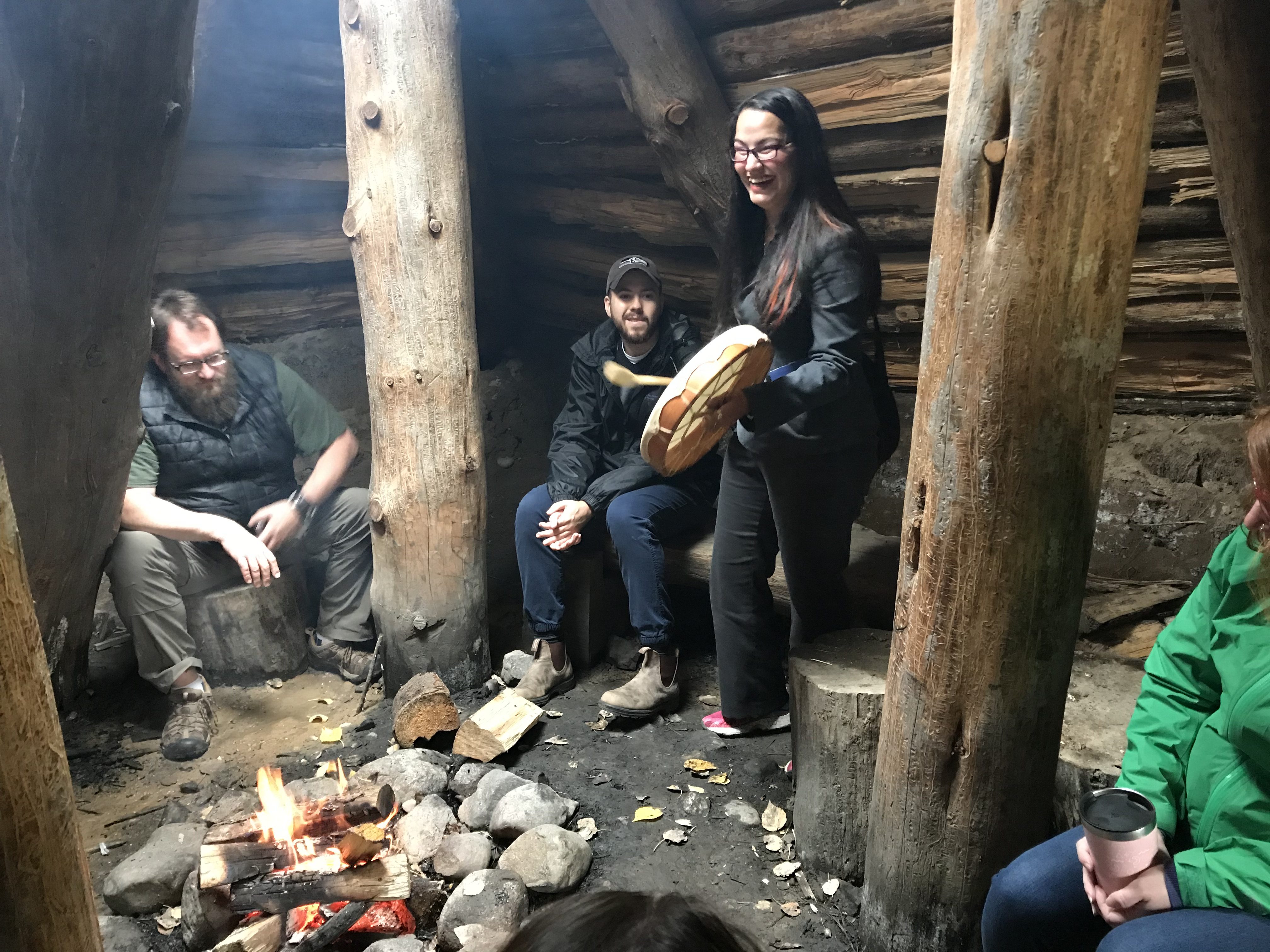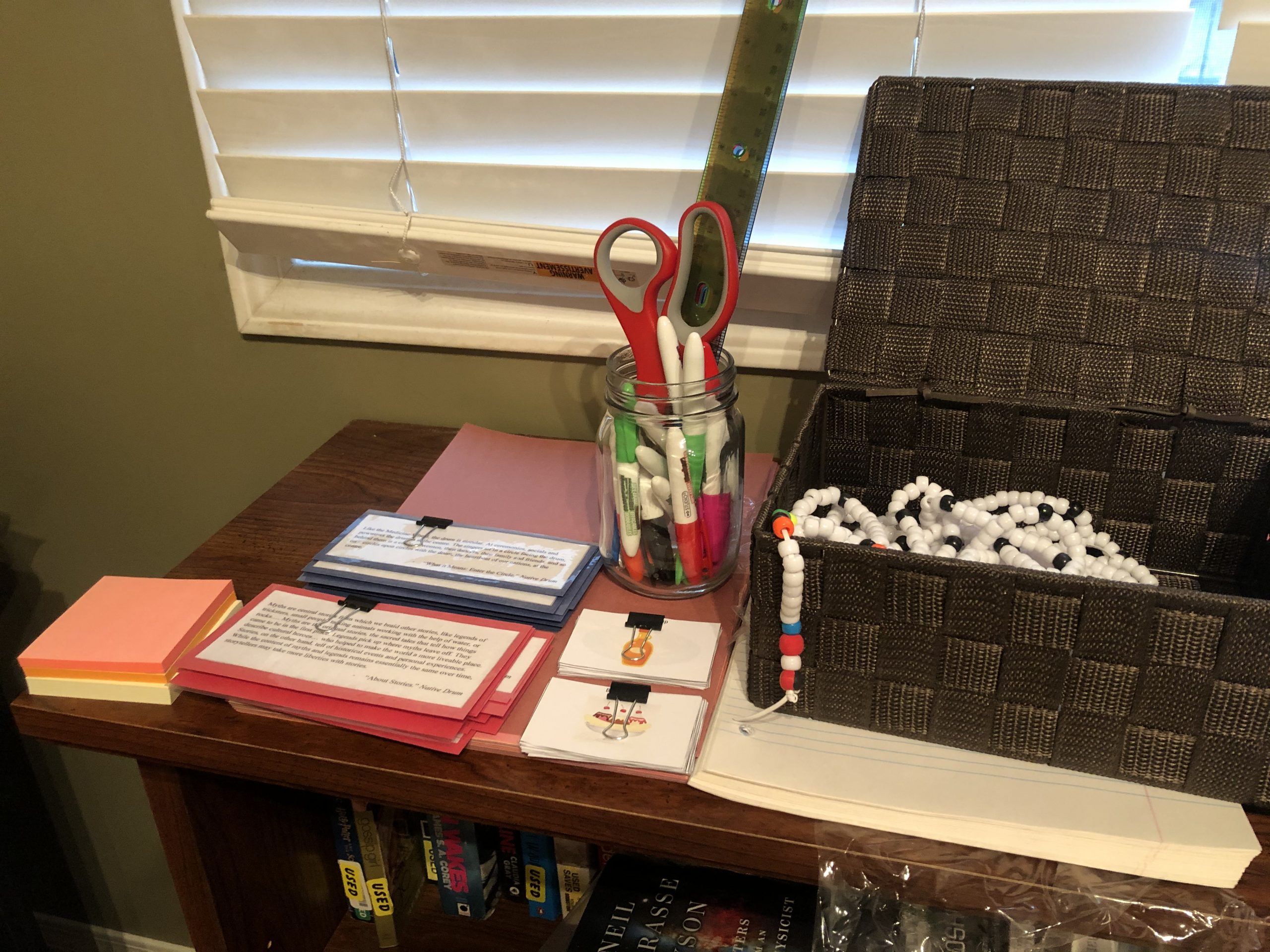Educators respect and value the history of First Nations, Inuit, and Métis in Canada and the impact of the past on the present and the future. Educators contribute towards truth, reconciliation, and healing. Educators foster a deeper understanding of knowing and being, histories, and cultures of First Nations, Inuit, and Métis.

Outdoor Learning/Traditional Knowledge with Jen Pgihin
Educators have a responsibility to address Indigenous histories, perspectives, ways of knowing & being, and to actively play their part in working towards reconciliation.
To me, adhering to Standard 9 extends far beyond simply putting up a First Peoples Principles of Learning poster at the back of one’s room. To me, an educator who adheres to Standard 9 would embed/make room for other world views & perspectives, would have tough conversations with their students, challenging their thinking or assumptions, and truly do their best to model/embody work towards reconciliation.
In my opinion, Standard 9 is the most ambitious of the nine, however, I find it to be one of the most important. This is likely the standard educators will have the hardest time with, I know I find it challenging. Just because its challenging, or we are afraid to “not do the history justice” does not mean we can opt out. We have an obligation to adhere to this standard, and the way in which everyone does so will look a little different. After all, reconciliation is not a checklist, its a lifestyle.

Some materials used in my EDUC 490 practicum: Indigenous primary source cards for content literacy activity around local Indigenous perspectives — cards for European contact simulation activity — Beaded Timeline
Exemplars from EDUC 491 Practicum:
27 Jan
- Attended Indigenous PRO-D day all day at PGSS
29 Jan
Embodied an highlighted the FPPL being focused on for the upcoming Unit with both periods of HUM 8
7 Feb
- Had a class discussion on why the next chapter in our text book “The Age of Discovery” is problematic.
- During the description, made the FPPL of learning takes patience and time explicit, actually references the poster in the back, and explaining what that principle means to me and how I interpret it.
13 Feb
- Took time to explain the pipeline protests, explains as many perspectives as possible, in the most objective way possible
- Had to mediate the class debate to ensure a safe, respectful environment was maintained.
28 Feb
- Addressed the controversial name change of Kelly Road Secondary School, offered different perspectives, and tried to convey the message of:
- No matter what you think a school should be named, hateful, racist rhetoric and comments are never okay
25 Feb
- Addressing current events and offering new perspectives are the current railroad blockades – presenting objective facts
11 March
- Handing back equivalent of tests that have been marked. Explicitly addressing the “Learning take patience and time” principle to both classes of HUM 8. On days when marks are handed out, for students who didn’t quite get it, this can be a damaging day. I just want to make clear to them that everyone learns at a different pace, and learning happens at different times for everyone. Just because they didn’t get it this time, does not mean it will not click for them in the future
